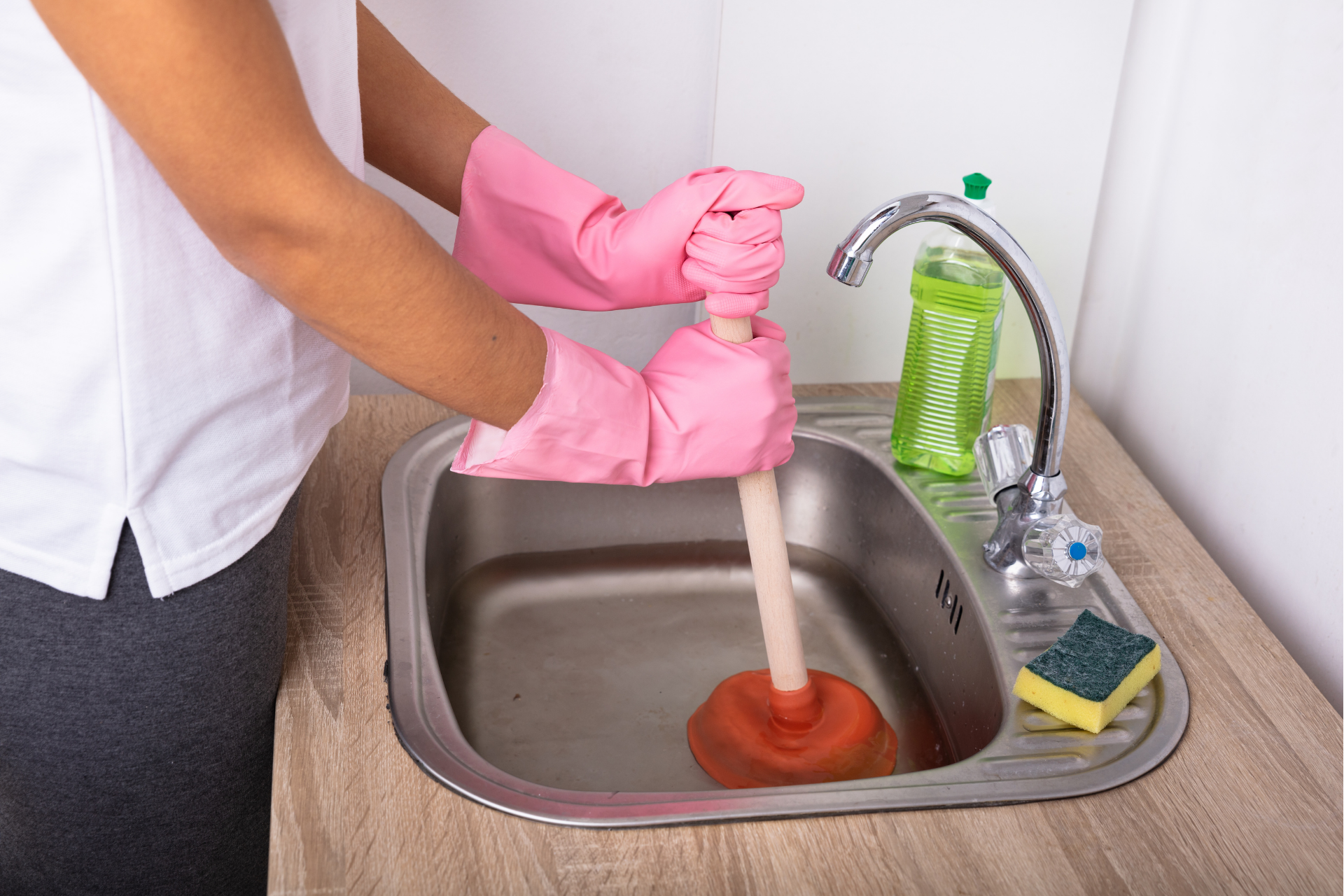
September 15, 2021
Knowing the signs and preventative steps to avoid common plumbing problems can save you time and money. These problems can be caused by normal wear and tear over time, misuse, or poor maintenance of your plumbing systems.
Clogged Drains and Toilets
Clogged drains and toilets are one of the most common plumbing issues. There are a lot of misconceptions spread about toilets and drains, combined with the fact that they are two of the most frequently used plumbing systems in a home resulting in clogs. Although some clogs can be fixed by the homeowner others require more specialized equipment used by a professional. Signs of a clog would be gurgling toilets, slow drains or sitting water over a drain. Follow these tips to help avoid clogged drains and toilets in your home.
- Do not flush flushable wipes.
- Do not flush anything but human waste and toilet paper throw everything else into a waste bin.
- Routinely remove the popup stoppers in your sinks and tubs to clean and remove any debris.
- Keep hair out of the shower drain by installing a mesh screen or a new stopper that has a built-in hair catcher.
- Avoid putting fats, oils, and grease down the kitchen sink or garbage disposal.
Leaking Faucets and Pipes
Although a dripping faucet or pipe may not seem like it is causing much harm it can quickly turn into a major problem. Signs of leaking faucets and pipes would be a high-water bill, stains on the ceiling or walls, water at the base of the faucet or coming out from around the handle. Follow these tips to help avoid or prevent further damage from leaks.
- Keep an eye on your water bill to see what your average usage is. If there is a spike one month that is a sign you may have a water leak.
- Do not delay having a water leak fixed as it could cause significant damage.
- Be gentle with faucet handles and avoid using high-pressure and over-tightening handles.
- Purchase faucets from a reputable brand and be aware of the different warranties they have.
- If the water pressure is too high in your home, have it turned down.
Water Heater Issues
There are many problems that can occur with your water heater and vary based on the type of water heater you have. The most common issues are elements burning out, valves going bad, and the water heater being installed incorrectly. These tips will help you to avoid water heater issues and extend the life of your appliance.
- Routinely check for leaks.
- Have your water heater inspected by a licensed plumber to ensure it is up to code.
- Follow the factory maintenance recommendations for flushing out your water heater.
- Leave your water heater on the recommended factory settings.
Low or Fluctuating Water Pressure
Low or fluctuating water pressure is a common problem homeowners face and it’s typically due to a failed pressure-reducing valve or a failing expansion tank. Fluctuating pressure can also be caused by your water heater overheating. A noticeable sign would be if you can hear a loud noise coming from the PRV when the water is running. It is difficult to avoid these problems as they occur from standard wear and tear.
- Install a whole house filtration system to reduce sediment build-up.
Running Toilet
- Periodically check for leaks on the toilet tank at bolts and gaskets
- Sediment filters help keep debris from causing the fill valve to constantly run
- High water pressure can cause the fill valve to prematurely fail and get stuck on
Jammed Garbage Disposal
Another common plumbing issue for homeowners is a jammed garbage disposal. The name of the appliance often causes a misconception of its purpose. Garbage disposals are designed to grind up food waste so that it doesn’t clog up the plumbing system. However, It is not designed to handle certain waste like fats, oils, and grease. Follow these tips to help avoid jammed garbage disposal.
- Avoid putting large food chunks down the garbage disposal.
- Avoid hard objects like bones in the garbage disposal.
- Do not put fats, oils, and grease down the garbage disposal.
- Run water while using the garbage disposal to avoid overheating.
Frozen Pipes
Frozen pipes are a common problem within our service area in the winter. Preparing your home in advance for the winter season can help you to avoid plumbing problems like frozen pipes. If the temperature is close to freezing, A good indication that your pipes have frozen is if you turn your faucet on and no water comes out. Follow these tips to help avoid frozen pipes in the winter.
- Properly insulate pipes
- Ensure outside faucets are frosted free faucets with a vacuum breaker
These tips are meant to be used as a guideline and are not guaranteed to avoid or fix your plumbing issues. If you are in need of professional services please call your local licensed plumber.


